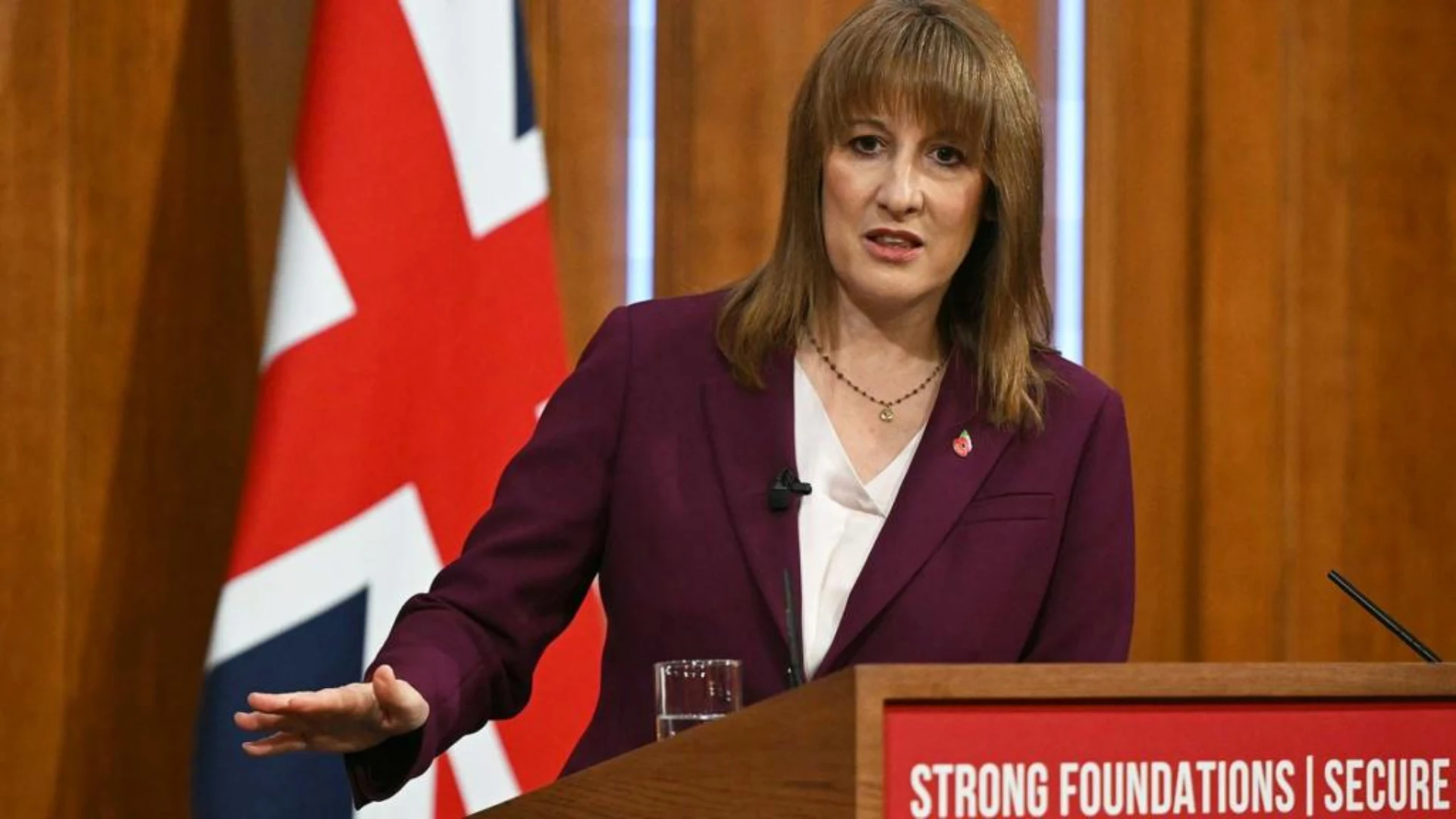UK (Parliament Politics Magazine) – Ex-Chancellor George Osborne warns Chancellor Rachel Reeves that tax rises may be inevitable, citing manifesto promises as Budget plans loom.
As reported by The Independent, George Osborne warned Rachel Reeves that sticking to manifesto pledges will be challenging amid planned Budget tax hikes.
The ex-Chancellor Osborne said the government is “limited by its promise” after Labour pledged to keep VAT, national insurance, and income tax unchanged.
Earlier this week, Ms Reeves indicated she could break party promises, putting the national interest above “political expediency.”
What did George Osborne say about tax rises and the upcoming Budget?
George Osborne warned that tax increases are “inevitable” but praised Rachel Reeves for setting out the framework of her fiscal strategy.
During the session, he told MPs that a balanced mix of tax rises and spending cuts is needed, warning,
“It will be very one-sided and a mistaken Budget if it’s all on tax rises.”
He stated,
“It’s obviously easier to go for one of the big three taxes: income tax, national insurance or VAT. Of course, the government is constrained by its promise, and maybe will choose to break that promise.”
Mr Osborne said it is “difficult from a political point of view” to break a manifesto promise, but noted that previous national insurance increases under Prime Ministers Boris Johnson and Rishi Sunak passed through Parliament.
Rumors are spreading that Ms Reeves may raise income tax, as she hinted at broad changes in public finances.
The ex-Chancellor warned that changes to smaller taxes could make Britain appear “anti-enterprise.”
Mr Obsorne explained,
“If you don’t use one of the big taxes, you are left with lots of little ones. And I would argue, partly, the problem last year […] – increased capital gains tax, changes to the non-dom regime – maybe individually defendable, but you put them all together, and it gives an overall impression of like the UK is quite anti-enterprise or anti-foreign wealth.”
He served as Chancellor under former Prime Minister David Cameron from 2010 to 2016, introducing policies such as a sugar tax and raising the 40 percent income tax threshold.
Mr Osborne appeared before the committee, joined by Sir Vince Cable, former Liberal Democrat business secretary during the coalition era.
The coalition also created the Office for Budget Responsibility, which provides forecasts for the Treasury ahead of fiscal events.
What did Sir Vince Cable say about the OBR’s role in fiscal oversight?
Sir Vince Cable said the watchdog faced the risk of becoming a “whipping boy for political failures” even as its role is “more necessary than ever.”
He told the committee,
“I think what has happened – and I don’t think it’s the fault of the OBR – is that it’s moved from a position of just marking the government’s exam papers to setting the exam questions.”
Mr Cable added,
“And they’re very difficult questions. And things like projecting future productivity growth, which are virtually impossible, are probably things that should be done inside the Treasury, rather than subcontracting to OBR.”
How did Rachel Reeves plan to tackle the £50bn public finance gap?
Rachel Reeves warned of sweeping tax increases in her Budget, saying everyone must contribute to shaping the UK’s economic future.
She faces a £50bn gap in public finances while maintaining her rule of using tax revenue for day-to-day spending.
The chancellor said,
“I will do what is necessary to protect families from high inflation and interest rates, to protect our public services from a return to austerity and to ensure that the economy that we hand down to future generations is secure with debt under control.”
Ms Reeves added,
“If we are to build the future of Britain together, we will all have to contribute to that effort. Each of us must do our bit for the security of our country and the brightness of its future.”
The OBR is expected to downgrade productivity forecasts, adding pressure on the chancellor and creating a £20bn hole in public finances.
Ms Reeves added that
“it is already clear that the productivity performance that we inherited from the last government is weaker than previously thought.”
Responding to questions over her resignation for tax increases, she said,
“I am not going to walk away because the situation is difficult. I was appointed as chancellor to turn our economy around, and I’m absolutely determined to finish that job.”
What are the duties of the OBR?
The Office for Budget Responsibility was established by the UK government under the Budget Responsibility and National Audit Act 2011. It is an independent non-departmental public body created to provide expert economic and fiscal reviews.
It produces economic and fiscal forecasts at least twice yearly and assesses the government’s performance against its fiscal goals.
The body examines and reports on the sustainability of public finances and provides analysis on tax policy costings and welfare spending trends for Britain.


